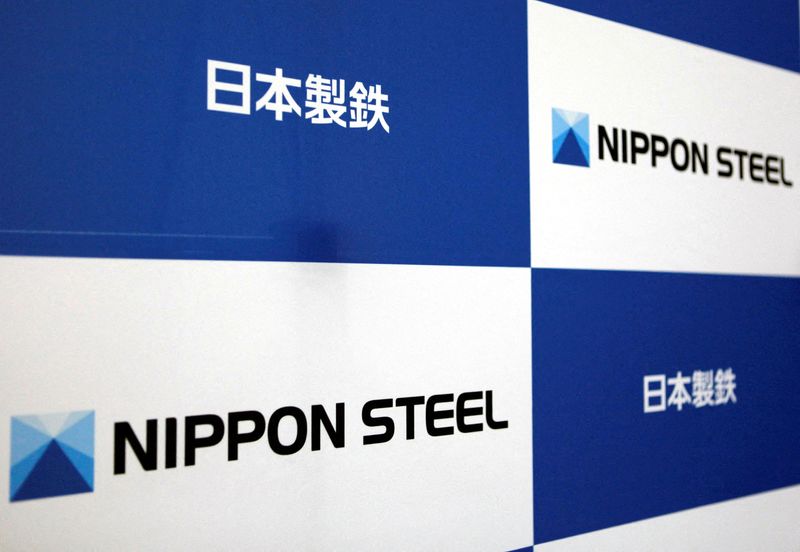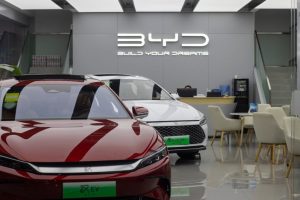
By Katya Golubkova and Yuka Obayashi
TOKYO (Reuters) – Nippon Steel is poised to expand its operations in the U.S. and India as it hunts for growth and protection from cheap Chinese exports after its bid for U.S. Steel was blocked by the White House, analysts say.
Japan’s top steelmaker, battling declining domestic demand, made the $14.9 billion bid for the U.S. producer in an attempt to grow its footprint in a stronger market. But its hopes of salvaging the deal after President Joe Biden’s rejection on national security grounds are dependent on a lawsuit that is viewed as a long-shot.
China, by far the world’s largest steel producer, has flooded the market with near-decade high export volumes as its struggling property sector weighs on domestic demand, upending the global steel industry and leading Nippon Steel to invest more in raw materials and in production outside its home market.
“China’s over-capacity is likely to continue to place pressure on steel exporters… and heighten the need for Nippon Steel to access jurisdictions with growing domestic demand,” said Kyle Lundin, principal consultant at Wood Mackenzie.
Nippon Steel, the world’s fourth-largest steel producer, has a long-term plan of boosting crude steel production capacity to over 100 million metric tons a year from about 65 million tons at present and lifting profits toward 1 trillion yen ($6.32 billion) a year from a 780 billion yen target in the financial year ending in March.
“To be a ‘truly’ global steel producer, greater production capacity above current state is likely required,” said Wood Mackenzie’s Lundin.
Greater production capacity gives flexibility to cut output in one place and increase it in another where demand is more solid in order to boost margins.
The United States is the most promising market among developed countries with a large demand for advanced steel products like the ones used in electric cars, Nippon Steel CEO Eiji Hashimoto told reporters on Tuesday.
He said the company was not yet considering alternatives to the U.S. Steel plan, adding it would not give up on expanding in the United States.
“Considering the current industrial and energy policies, the demand for advanced steel will increase even more in the future. At any rate, the U.S. business is essential to our global strategy,” Hashimoto said.
Nippon Steel has operated in the country since the 1980s and has a number of U.S. assets, including its prime facility, a joint venture with ArcelorMittal in Calvert, Alabama, purchased a decade ago.

